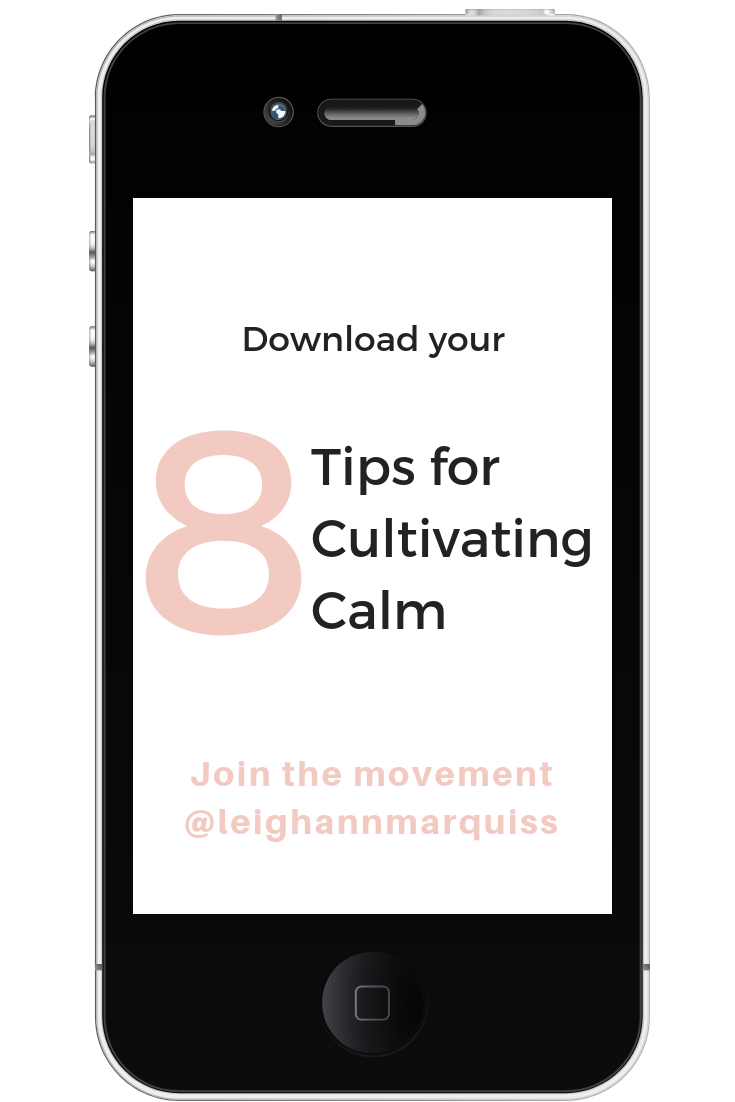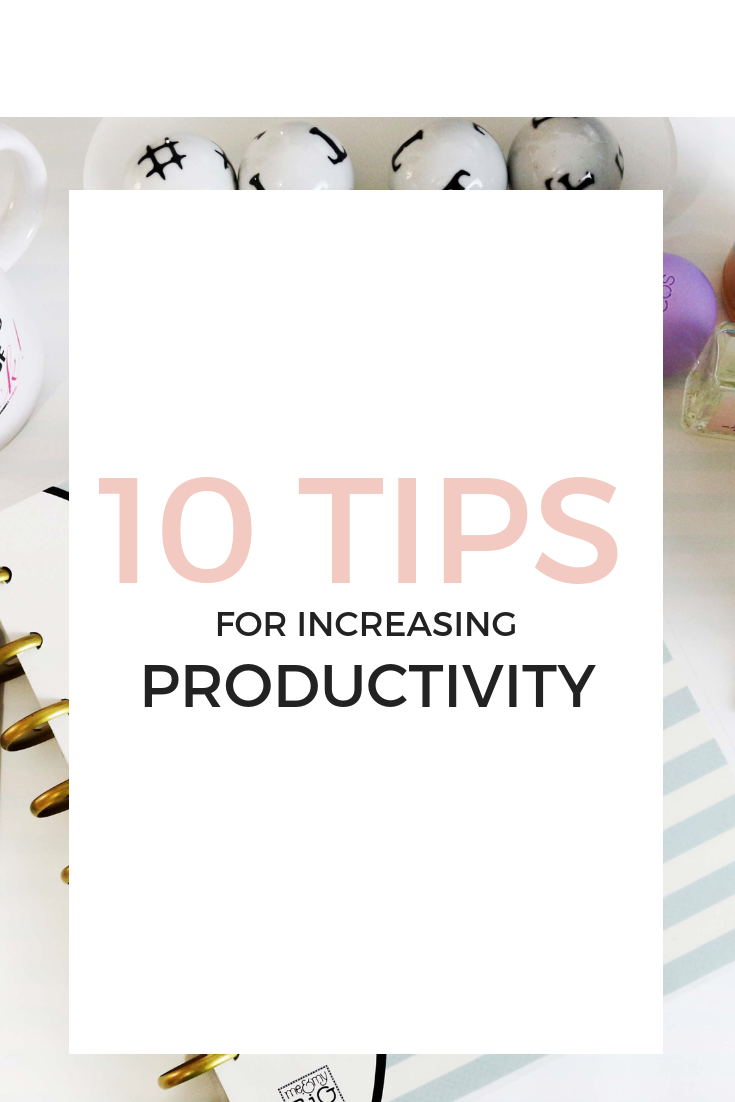Guest post by Scott Sanders
Self-care: what does it really mean? If you’ve found yourself pondering this question, you’re not alone. As a society, we’re all pretty new to the concept of self-care, but self-care has always been important for our mental well-being. We just need to get better at getting more of it. So how can you fit more self-care into your life and improve your mental health? These simple self-care tips can definitely help.
Fitness Should Fit into Your Self-Care Routine
We don’t really think about exercise as being self-care. It seems like a natural and basic need to keep our bodies healthy and well. But guess what? This is exactly what self-care is meant to be! Self-care is not only long baths and yoga stretches (although those help too). The best self-care involves those basic, but often overlooked, practices that allow your brain, body and soul to thrive, so try doing some exercises at home.
Your Self-Care Habits Should Help You Better Manage Stress
Exercise is a crucial self-care practice we all need. Regular workouts will strengthen your body, but that physical activity can also help reduce the effects of stress. Existing in a constant state of stress can have significant impacts on your physical and mental health. That means in addition to always feeling frazzled, you may also experience actual physical pain. This is where a healthy, balanced self-care routine comes in handy.
Some examples of self-care practices that help heal stress include exercise, but meditation and exposure to nature can help as well. Taking that time to decompress and unwind is so good for your health. The American Heart Association even suggests spending more time in nature to reduce the stress that can lead to heart disease, strokes and heart attacks. Connecting with the simplicity of the natural world can reduce feelings of depression and anxiety, as well as the tendency to dwell on life’s challenges.
Mental Health Benefits Can Come from Basic Self-Care Practices
We’ve touched on some of the mental health benefits of self-care practices. Regular exercise helps regulate mood, while stress management reduces mental health issues. But to see real mental-health relief from self-care, you may need to get even more basic. Common mental health struggles, like depression and anxiety, can result from small sources of tension in your life. For example, you may have a hard time saying “no,” and this may lead to an over-packed schedule. In addition to maxing out your time, constantly saying “yes” to everyone can also exhaust your mental health, leaving you feeling anxious and vulnerable.
Another common habit that can drain your emotions is losing out on sleep. For something that is so vital to our well-being, it’s odd that most of us are still not getting enough of it. You can improve your sleep habits by shutting off your phone, carving out a consistent sleep schedule, and getting more of that daily exercise you’re already using to boost your mood and reduce stress.
It’s a good thing that we are talking so much about self-care these days. Before you begin practicing, though, it helps to understand what self-care means to you. Self-care really just refers to basic health and wellness practices that provide a welcome relief from the stress and noise of everyday life, so make more time for you, and make more time to really take care of your mental health and wellness.

Hi! I’m Leighann. I help busy women go from frazzled to fabulous. I talk about winning imperfectly at life, finding hope in every season, and learning to manage stress while accomplishing your goals. But wait! I have two freebies below – don’t miss out on them – one to cultivate more calm in your life and the other to increase your productivity. Download them now!






